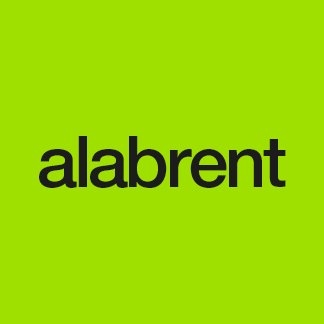Redacción Alabrent
The manufacturer responds to user demand again in Caldera’s award-winning V11 RIP software with the addition of a new feature, True Bleed. Operators can clone pixels around the edge of an image regardless of its shape to create better edge finishing for applications including print-and-cut, textile and, particularly, canvas. Selected easily within the Caldera interface, True Bleed can also be combined with Contour Nesting and other popular media optimization options in all RIP packages, including GrandRIP+, VisualRIP+, TextilePRO and numerous OEM solutions.APPE 4 is the first version of Adobe’s processing technology to improve performance specifically for wide-format production through advances in the management of cacheing, memory and technical settings. Caldera V11 draws on this and other features, including the expansion of the spot color management to 127 spots simultaneously, greatly improving selective color for sign and display producers. Patterns and masks are processed with greater precision thanks to this latest version of APPE, which also promotes advanced compatibility and compliance with the Adobe CC/DC suite.
In addition, the new version of APPE has been expanded to include Tile Parallel Processing, or TPP. This technology speeds up system performance by splitting the components of larger image files into manageable pieces, or ‘tiles’. These graphics elements are assigned to a separate instance of APPE, each of which runs on a separate CPU core. By breaking these tiles up and processing them in parallel before reassembling them, rendering times are reduced and jobs are RIPed more quickly.
Sync & Deploy is a feature new to Caldera V11 that provides the ability to run the same RIP settings across different printers, locations and environments. This capability reduces installation times for V11 users by sending the configuration to multiple stations. Critical data, such as drivers, ICC profiles and presets for color and data management can therefore be shared in a user-friendly way so owners can scale their businesses sensible with additional printers. When V11 is released in September, Caldera will also provide an app that calculates the hardware resources needed to address the production environment correctly.
The Caldera V11 RIP’s use of OpenCL, the Open Computing Language, extends processing power through automatic deployment onto the CPU and GPU. Key to achieving the parallelization enabled by APPE, it maximizes how the Caldera architecture interacts with these core components of its host machine. This enables it to use all processing resources to improve RIP speeds, leading to processing more than four times faster with modern PC architectures than version 9, with other clear advantages over competing and other previous editions.
These benefits can then be used to create and enable what Caldera terms ‘Print Clusters’. These are fleets of machines that are built around a single printer or type of printer, as is found often in the sign and display environment. For example, a company is likely to buy several of one type of 1.2-1.6m printer rather than scaling up to dual-roll production with a single but more expensive 3.2m machine. V11’s feature set, including Sync & Deploy, creates efficiency and accuracy for print houses planning incremental investment, offering a logical multi-device production situation. Gathering similar devices into clusters enables consistency and allows return on investment to be tracked more easily.
“25 is a landmark age for people so, as a community of people, Caldera is exactly the same,” explains Joseph Mergui, Chief Executive Officer, Caldera. “Version 11 represents the totality of our knowledge of today’s wide-format production environment. It gives us all at Caldera a sense of pride to know that this translates into a number of forward-thinking and powerful opportunities for our growing global user base.”
“Both APPE 4 and OpenCL, plus our latest production features, allow users to achieve the full potential from their hardware investment, setting them up for a print environment without limitations.”



